Digital transformation does not happen slowly over time, but rather abruptly after a long period of denial by industry leaders.
Get Started for FREE
Sign up with Facebook Sign up with X
I don't have a Facebook or a X account
 Your new post is loading... Your new post is loading...

Farid Mheir's curator insight,
January 16, 2017 9:18 AM
Perfect Sunday morning reading which is guaranteed to make you reflect and ponder for the next weeks. The article is a typical New Yorker one, very well researched and written. So captivating that it got me to start reading the book which appears to be as captivating and surprisingly easy to read and understand. I love those finds and have the feeling this book will be the best complement to "Singularity is Near" and "On Intelligence" that I wrote about in the past.
- book "singularity is near": http://fmcs.digital/blog/singularity-is-near-an-essential-read-to-understand-why-technology-evolves-so-fast/ - book "on intelligence": http://fmcs.digital/blog/on-intelligence-mustread-to-understand-frontal-cortex-architecture-what-makes-us-intelligent/ - article "Why the future does not need us": http://fmcs.digital/blog/why-the-future-doesnt-need-us-a-reminder-that-ai-may-have-a-bad-side-via-wired/ - related posts: http://www.scoop.it/t/digital-transformation-of-businesses/?tag=Singularity+is+Near

Farid Mheir's curator insight,
January 14, 2017 2:17 PM
Perfect Sunday morning reading which is guaranteed to make you reflect and ponder for the next weeks. The article is a typical New Yorker one, very well researched and written. So captivating that it got me to start reading the book which appears to be as captivating and surprisingly easy to read and understand. I love those finds and have the feeling this book will be the best complement to "Singularity is Near" and "On Intelligence" that I wrote about in the past.
- book "singularity is near": http://fmcs.digital/blog/singularity-is-near-an-essential-read-to-understand-why-technology-evolves-so-fast/ - book "on intelligence": http://fmcs.digital/blog/on-intelligence-mustread-to-understand-frontal-cortex-architecture-what-makes-us-intelligent/ - article "Why the future does not need us": http://fmcs.digital/blog/why-the-future-doesnt-need-us-a-reminder-that-ai-may-have-a-bad-side-via-wired/ - related posts: http://www.scoop.it/t/digital-transformation-of-businesses/?tag=Singularity+is+Near

Farid Mheir's curator insight,
January 14, 2017 1:58 PM
An essential book (kindle book http://amzn.to/1SC8rvp) from Ray Kurzweil that presents data supporting the theory that technological evolution follows an exponential curve. The chart is a famous illustration of this exponential technology growth.
It explains quite well how the personal computer has been able to become part of our lives in such a rapid manner. With evidence and data form many technologies - from the microprocessor to DNA evolution - Kurzweil predicts a future where technology will help humans transcend the limitations that nature has imposed on us.
Kurzweil is an optimist and shares with us a very positive outlook on the future. Not only is it an eye opening book, it has become the basis for a slew of new studies and gathering, including the singularity university.

Farid Mheir's curator insight,
November 8, 2015 3:35 PM
An essential book (kindle book http://amzn.to/1SC8rvp) from Ray Kurzweil that presents data supporting the theory that technological evolution follows an exponential curve. The chart is a famous illustration of this exponential technology growth. It explains quite well how the personal computer has been able to become part of our lives in such a rapid manner. With evidence and data form many technologies - from the microprocessor to DNA evolution - Kurzweil predicts a future where technology will help humans transcend the limitations that nature has imposed on us. Kurzweil is an optimist and shares with us a very positive outlook on the future. Not only is it an eye opening book, it has become the basis for a slew of new studies and gathering, including the singularity university. |

Curated by Farid Mheir
Get every post weekly in your inbox by registering here: http://fmcs.digital/newsletter-signup/
|




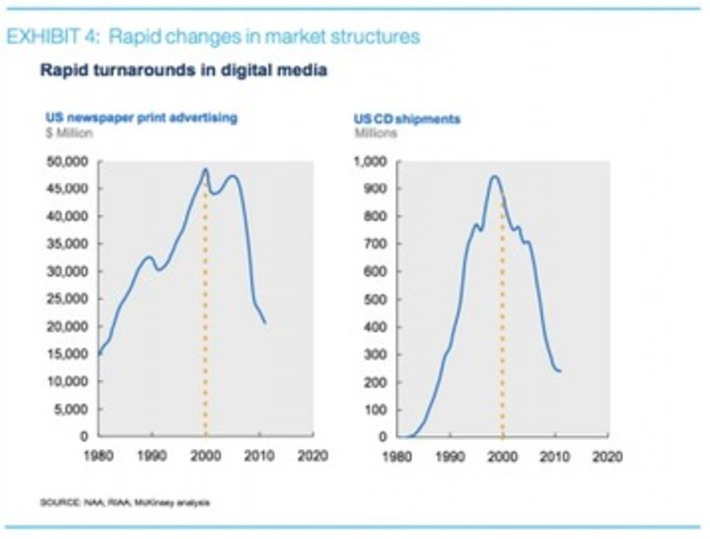

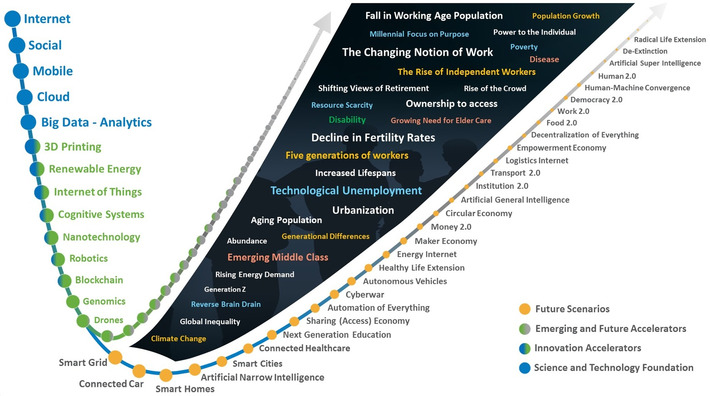

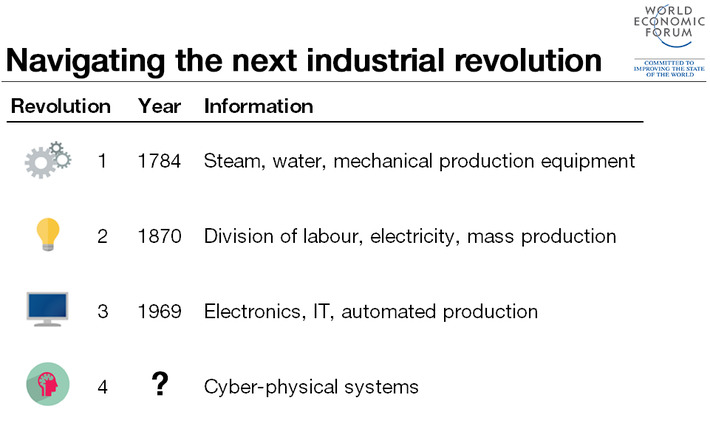



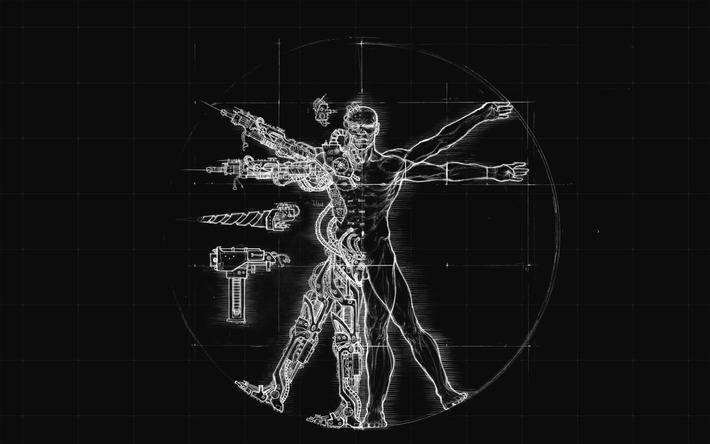




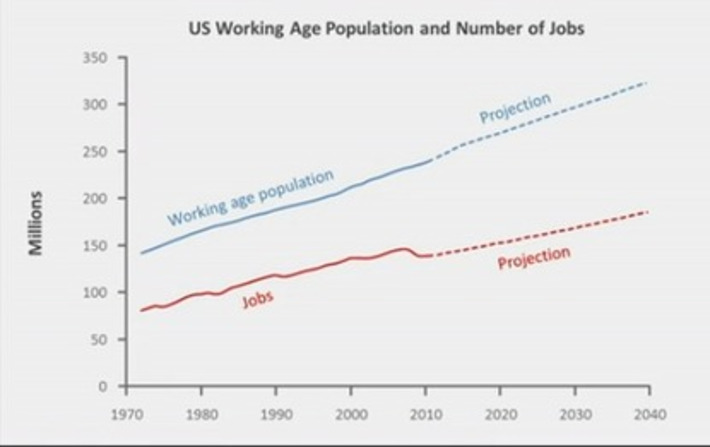








WHY IT MATTERS: this post from 2013 is still as valid today as it was 5 years ago. Why do so many companies continue to be in denial?